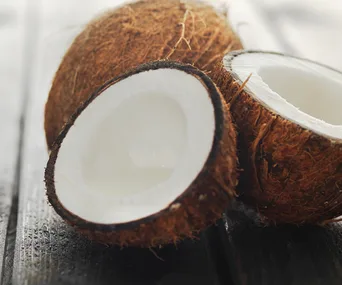Bloating, cramping, short tempers, and tender breasts are very common PMT symptoms that have long been the bane of womankind. Without the luxury of time off every month we simply have to get on with it regardless of feeling volatile and tender.
For about 10 days a month Emily Smith becomes a slave to her premenstrual syndrome. Her emotions are ruled by hormones and she doesn’t feel like she’s very nice to be around.
“I lose my nut over the tiniest of problems and messes and emotionally I question all the decisions I have made and are making. Just one cross word or a misplaced comment and I will let loose a barrage of nasty comments,” Emily says.
But it’s not just her emotional wellbeing that is affected by her PMT. Her body also suffers from the unavoidable monthly cycle.
“I also get very bloated and start to question my eating habits, lifestyle choice and end up feeling even more depressed,” she says. “I am usually bent over in pain for the first two days and have to take medicine or use a heat pack. If I can I crawl into bed just to put my feet up as the pain travels to them as well.”
Emily has tried Rescue Remedy and cutting junk food and alcohol to see if it made a difference, but after one month of abstinence, it didn’t seem to make a difference. Perhaps she was cutting out the wrong things?
Researchers at the University of California have discovered a link between premenstrual symptoms, period pain and a biomarker for inflammation in the body called high sensitivity C-reactive (Hs-CR) protein.
Of the 3000 women studied during the research, they discovered that women with elevated levels of Hs-CR were more inclined to suffer symptoms such as bloating, cravings, cramping and mood fluctuations.
The findings were recently published in the Journal of Women’s Health.
“The significant relationships of specific groups of PMS with elevated Hs-CR protein levels have potential clinical implications for treatment and possibly for prevention by advising women about the factors associated with inflammation and the potential for treatment with anti-inflammatory agents,” they wrote.
“These results suggest that inflammation may play a mechanistic role in most PMS, although further longitudinal study of these relationships is needed.
“However, recommending to women to avoid behaviours that are associated with inflammation may be helpful for prevention, and anti-inflammatory agents may be useful for treatment of these symptoms.”
We have been treating PMS with anti-inflammatory drugs for a while without really fully understanding why they made a difference to the monthly symptoms. With this definitive research, we not only understand specifically why anti-inflammatory drugs alleviate symptoms but can also recommend further lifestyle changes that may also reduce inflammation and further mitigate the issue.
Refined carbohydrates, sugar, processed and red meats are foods known to inflame the system so reducing these in your diet may offer you relief from PMS.
Conversely, increasing your intake of anti-inflammatory foods such as green leafy vegetables, nuts and fatty fish may also yield a positive result and allow you to weather the PMT storm a little easier.



